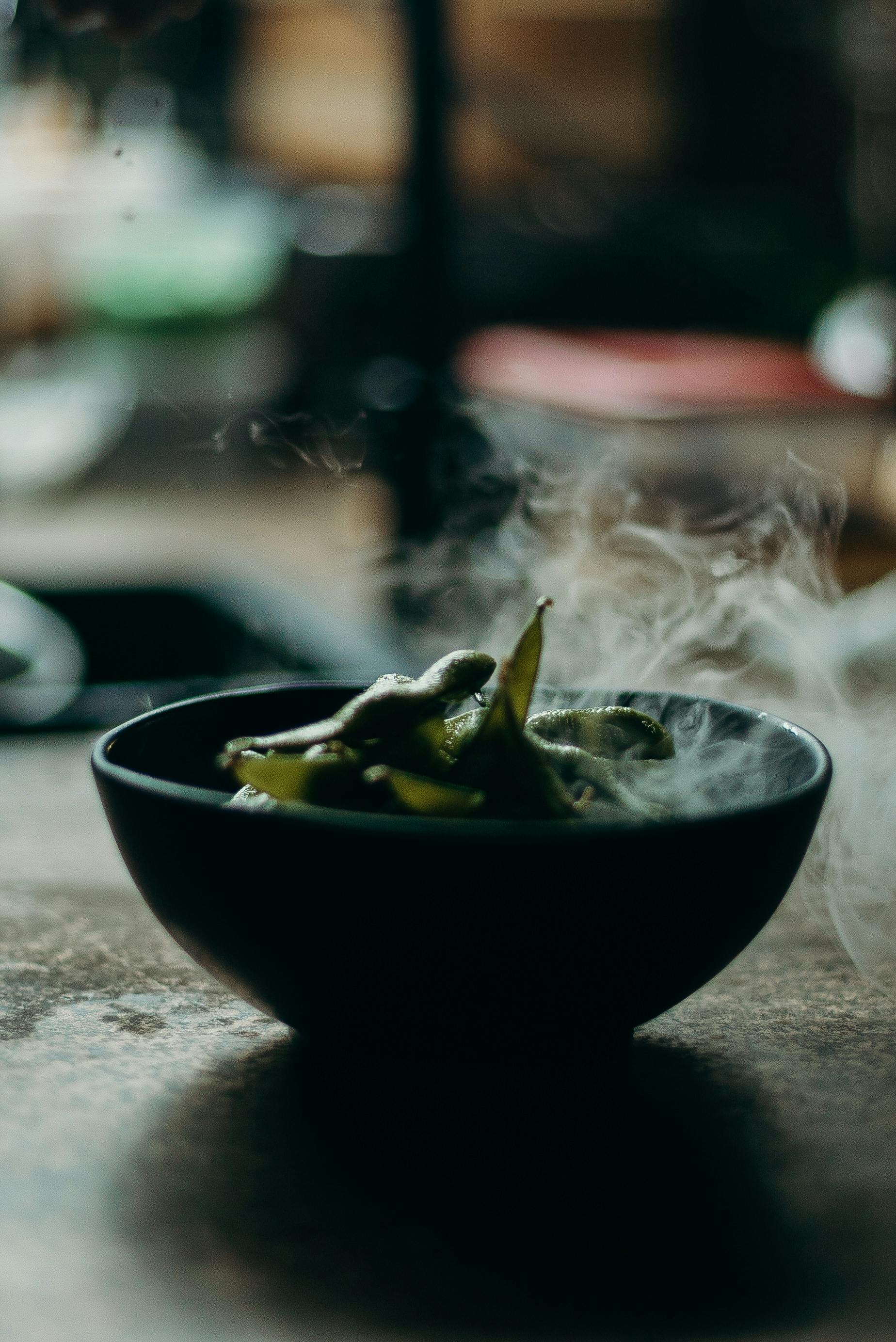Smart Ways to Create Fresh Rose Water: Easy Recipes for 2025

Apply Now


Effective Ways to Make Rose Water at Home: Simple Steps for 2025
Understanding the Fundamentals of Rose Water
What is Rose Water?
Rose water is a fragrant liquid made by steeping or distilling rose petals. It has been used for centuries not only for its delightful aroma but also for its numerous benefits. Known for its soothing properties and versatility, rose water can be utilized in skincare, hair care, cooking, and aromatherapy. This natural product encapsulates the essence of roses, offering a calming effect that has been revered in diverse cultures worldwide.Benefits of Rose Water
The benefits of rose water extend far beyond its delightful scent. It boasts potent skin-soothing properties, making it an excellent choice for calming irritations. Whether you're dealing with acne, sunburn, or sensitive skin, rose water can provide relief. Additionally, it acts as a natural astringent, helping to tighten the skin and minimize pores, thus enhancing your skincare routine. Furthermore, rose water is hydrating and popular in beauty products due to its ability to refresh and rejuvenate the skin.Traditional Uses of Rose Water
Historically, rose water has been used in various cultures. In ancient Egypt, it was a critical component of skincare routines, while in Persian culture, it is often added to dishes for flavor. Rose water has also played a role in traditional medicine, often employed to promote relaxation and enhance overall well-being. Understanding these traditional uses helps appreciate why creating rose water at home can be a fulfilling and beneficial endeavor.Preparing Rose Water: Essential Methods
How to Distill Rose Water Effectively
Distillation is one of the best methods for obtaining pure rose water. Start by gathering fresh rose petals, preferably organic to avoid chemicals. Fill a large pot with water and insert a heat-resistant bowl to catch the distilled rose water. Place the rose petals around the bowl. As the water boils, steam rises, carrying the rose essence and condensing into the bowl. This method yields the purest and most therapeutic rose water.Simple Recipe for Homemade Rose Water
Creating DIY rose water at home is easy and rewarding. Begin with two cups of fresh rose petals, cleaned and free from pesticides. Place them in a saucepan and cover with distilled water. Bring the mixture to a gentle simmer, allowing the rose petals to release their essence for about 20-30 minutes. Strain the liquid into a clean jar once cooled, and voila! You have homemade rose water that can be used in various capacities from skincare to cooking.Alternative Methods for Rose Water Extraction
Aside from distillation, there are alternative methods to extract rose water effectively. The infusion technique involves steeping rose petals in hot water for several hours, allowing the essence to penetrate the water. Another method is cold extraction, where rose petals are submerged in water and left to sit overnight. Each method yields slightly different results, giving you versatility in how you prepare rose water.Exploring the Uses of Rose Water
Rose Water in Skincare
Using rose water in skincare routines offers rejuvenating benefits. As a natural toner, it helps to balance oily skin and hydrate dry areas. Incorporate rose water into your daily routine by applying it as a face mist or in facial masks. Its soothing properties make it an excellent choice for post-sun exposure, providing immediate relief from sunburn. Consider making rose water and glycerin sprays to enhance hydration.Hair Care with Rose Water
Rose water is not only beneficial for the skin but also incredibly effective for hair care. It can be used as a hydrating hair mist or added to shampoos for additional nourishment. The anti-inflammatory properties help soothe the scalp, reduce dandruff, and promote hair health. Mixing rose water with essential oils can enhance the aromatic experience while delivering therapeutic benefits to your hair.Culinary Uses for Rose Water
In cooking, rose water adds a unique flavor to various dishes. Commonly used in Middle Eastern and Indian cuisines, it enhances desserts like rose water cake and sweets. You can also use rose water in beverages, such as refreshing drinks and smoothies, to impart a delicate floral note. Mixing rose water with yogurt or cream creates delicious toppings for various desserts.Rose Water in Aromatherapy and Relaxation
Calming Effects of Rose Water
In aromatherapy, rose water is revered for its calming effects. The scent of roses has been shown to reduce stress and promote relaxation. Incorporating rose water into your environment via diffusers or used in massage oils can enhance your atmosphere. Additionally, adding rose water to baths creates a soothing experience, making it a perfect addition to a relaxing evening routine.DIY Rose Water Recipes for Aromatherapy
You can easily create aromatic combinations by mixing rose water with essential oils like lavender for a more profound therapeutic effect. Recipes can include rose water with chamomile or mint to enhance relaxation. As you explore these blends, you'll discover numerous ways to enjoy the benefits of rose water while enriching your home environment.Creating Rose Water Products
With the basics of rose water established, consider crafting your own rose-infused products, such as lotions or sprays. Combining rose water with aloe vera results in a refreshing moisturizing gel that hydrates the skin. Experimenting with different formulations can yield unique products tailored to your needs, providing both beauty and wellness benefits.Storing and Preserving Homemade Rose Water
Storage Tips for Freshness
Once you've prepared rose water, proper storage is crucial to maintain its freshness and effectiveness. Store rose water in a sterilized glass bottle and keep it in a cool, dark place to prolong its shelf life. Refrigeration can extend the life of your homemade rose water to about a month, ensuring you always have access to this delightful product.Signs of Spoilage
Being aware of signs of spoilage is essential when using homemade rose water. If you notice any changes in smell, color, or consistency, discard it immediately. A sour smell or visible mold indicates that the water is no longer safe for use in your skincare or culinary practices.How to Incorporate Rose Water into Daily Life
Incorporating rose water into your daily life can be effortlessly achieved. Besides its direct applications in beauty routines, consider adding it to your cooking or evening rituals. Whether you prefer the refreshing aspect of a rose water face mist or the calming scent of a rose-infused bath, this versatile ingredient brings extraordinary benefits into everyday practices.FAQs about Rose Water
What are the skincare benefits of rose water?
Rose water helps reduce redness, hydrates the skin, and can regulate oil production. It also serves as a gentle, natural astringent, which tightens pores and soothes irritated skin.Is rose water safe for all skin types?
Yes, rose water is generally safe for all skin types, including sensitive skin. Always conduct a patch test before full application to ensure no adverse reactions.Can I use rose water in cooking?
Absolutely! Rose water can be used in several culinary dishes, enhancing the flavor profile of desserts, drinks, and even savory dishes in certain cuisines.How do I make rose water last longer?
To extend the shelf life of homemade rose water, store it in a cool, dark place, preferably in the refrigerator. Consider using distilled water for preparation as it improves preservation.Can I use rose water daily?
Yes, using rose water daily can provide continuous hydration and calming effects for your skin, enhancing your overall skincare routine.
